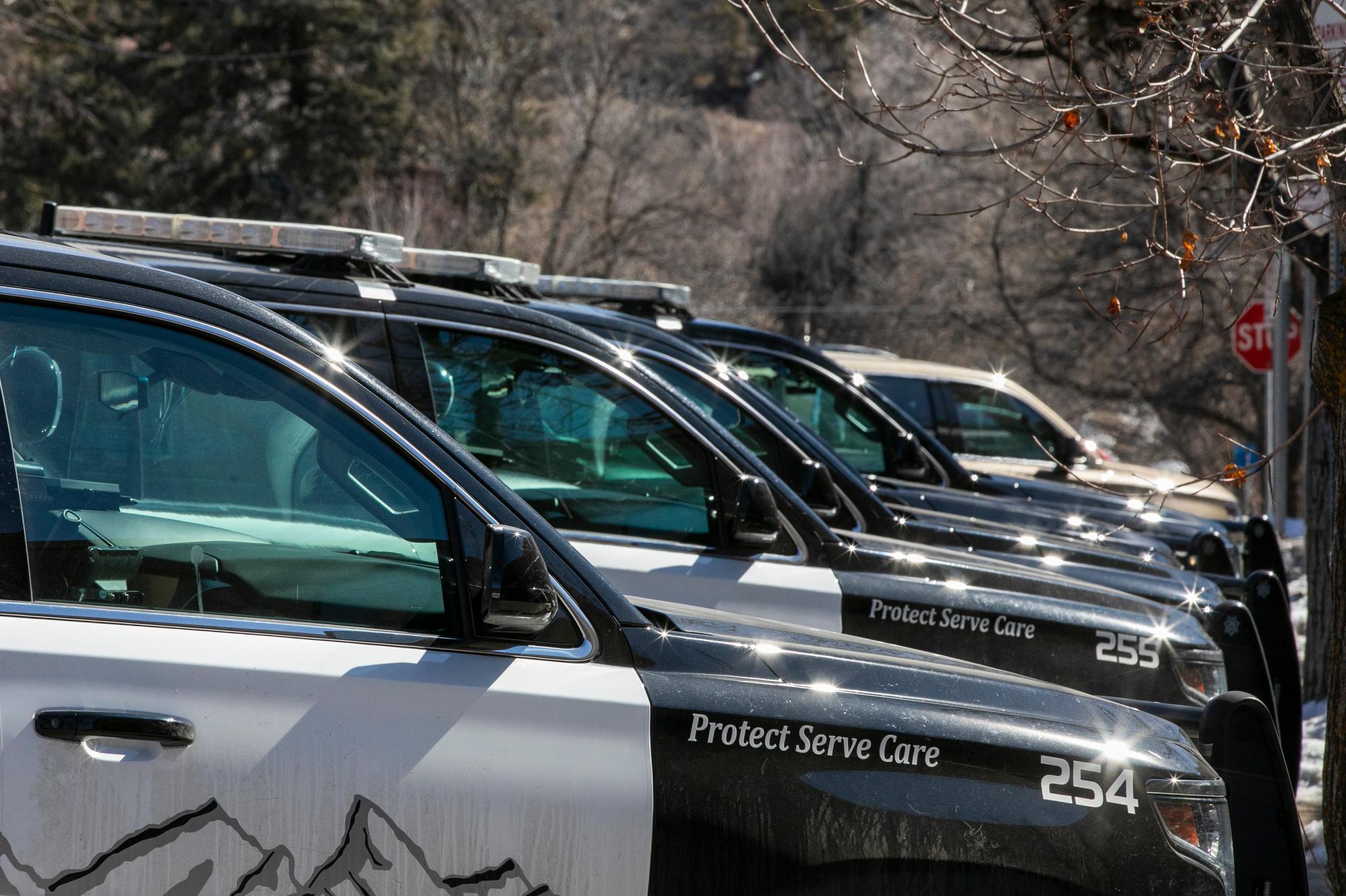
Child abuse, animal cruelty, theft, fraud, invasion of privacy for sexual gratification.
In Colorado, a person can be convicted of these crimes – plus dozens of others – and still qualify to be a licensed peace officer responsible for dealing with people at their most vulnerable moments.
The state agency in charge of licensing the state’s law enforcement officers wants that to change.
The Peace Officers Standards and Training Board voted unanimously this month to ask the state legislature to add another 31 misdemeanor crimes to the existing list of 44 as “decertifying to be a peace officer.” That means if the legislature agrees, a law enforcement officer convicted of any of these crimes will also be decertified.
The state already bars anyone convicted of any felony from being able to serve as a law enforcement officer.
Colorado Attorney General Phil Weiser, whose office manages the POST board, said that adding to this list of disqualifying misdemeanors is long overdue.
“Over a decade ago, the POST Board had recommendations for additional categories that should merit being decertified. The legislature failed to act,” he said. “It’s important that the public have full confidence in law enforcement, and conduct in these misdemeanor categories is unacceptable and should prevent someone from serving in law enforcement in Colorado.”
Currently not included in that disqualifying list is violating a protective order – something state officials hope the legislature adds.
Julia Stahnke was an Aurora police officer who, in 2021, was found to have violated a protective order, after she was charged with domestic abuse and a colleague drove her back to her house to pick up a car.
Stahnke was going to get fired for that, according to news reports at the time, but she resigned before getting fired.
She ended up getting decertified in September 2023, but not for violating a protective order. She was found to have been untruthful and the POST board pulled her certification.
“It’s horrifying that these are not already violations that would decertify an officer. These are the people the state entrusts to protect civilians in the most vulnerable times of their lives,” said Mari Newman, a Denver civil rights attorney who has sued law enforcement agencies on behalf of clients dozens of times. “We really should expect better from our officers. If the state tolerates obviously bad behavior from law enforcement officers, none of us should be one bit surprised when they engage in misconduct that endangers members of our public.”
The Colorado Association of Police Chiefs declined to comment on the proposal, saying they were still studying it. Since the pandemic, law enforcement agencies have complained about how difficult it is to find qualified officers given a slew of retirements and low morale between 2020 and 2024.
The state’s voters in November approved a $350 million grant, paid for by state dollars, to help agencies recruit and retain officers, though how that money will be spent is still unclear.
Hashim Coates, an Aurora community advocate who has been critical of police misconduct, said he supports tightening regulations on who is qualified to become a police officer.
“Sometimes these are the least educated and least experienced people who have the greatest amount of control over someone’s future and so I think they should be held to a higher standard,” Coates said. “Child abuse, theft, these are things they arrest on on a daily basis and the fact someone could be a police officer after being convicted of these things is troubling.”
Tom Raynes, the executive director of the Colorado District Attorney’s Council, said that the state’s DAs support adding any criminal offense to the decertifying list where the conduct “clearly exhibits a lack of integrity, is morally wrong or of evil intent.”
The state’s Fraternal Order of Police said they haven’t seen the full list of proposed changes but will review them with an open mind.
“We always welcome conversations to ensure we maintain the highest level of integrity and public trust in our officers,” the group said.









